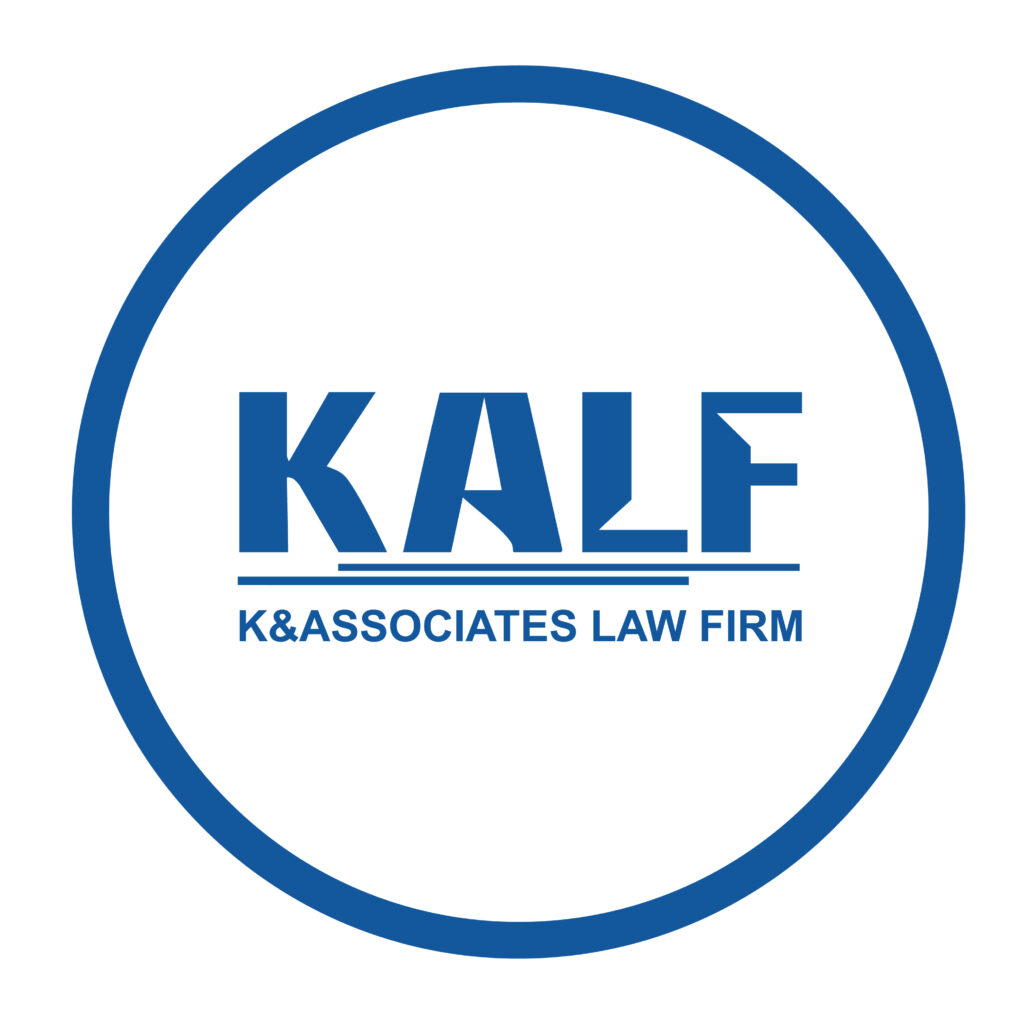- What is public company governance?
Corporate Governance is the process and system of rules, principles and methods of managing a large company or corporation to ensure its effective, transparent and fair operations. The goal of public corporate governance is to create value for shareholders and other stakeholders, including employees, customers, communities, and society.
Key elements of public company governance include:
- Board of Directors: The Board of Directorsis the most responsible organization in the company, responsible for overseeing and managing the company’s operations. The Board’s duties include defining strategy, monitoring strategy implementation, and ensuring compliance with legal regulations and best governance principles.
- Shareholders: Shareholdersare those who own shares of the company and have the right to participate in major decisions in the company through voting at shareholder meetings or by election to the Board of Directors.
- Management:Corporate management consists of leaders and senior managers in the company, responsible for implementing the strategy and managing the day-to-day operations of the company under the supervision of the Board of Directors.
- Regulatory and Audit Authorities:Supervisory and audit bodies comprised of governmental and independent organizations are responsible for monitoring and ensuring compliance with legal regulations and corporate governance principles for companies in the market.
- Public corporate governance plays an important rolein building and maintaining stakeholder trust, creating shareholder value, and contributing to the stability and sustainable development of the company and the economy it serves.
Public corporate governance plays an important role in building and maintaining stakeholder trust, creating shareholder value, and contributing to the stability and sustainable development of the company and the economy it serves.
- Challenges and opportunities for current public company governance
Competitor challenges: Competition is getting tougher from other companies, especially from emerging technology companies.
For example, a traditional retail company faces competition from e-commerce platforms like Amazon. This poses a challenge in attracting and retaining loyal customers.
Market volatility: Market volatility and rapid changes in consumer trends can pose risks or opportunities depending on how the company responds.
Risk management: Exposed to risks such as market risk, financial risk, company image risk, and regulatory compliance risk.
Technology improvement: Investing in technology to improve performance and competitiveness is a major challenge, but also opens up opportunities to optimize business processes and create new products and services.
For example, a manufacturing company can leverage IoT (Internet of Things) technology to optimize the production process and reduce operating costs.
Data management and information security: With data becoming increasingly important, protecting customer information and enterprise data becomes a top priority. Companies need to ensure compliance with information security regulations and prevent cyberattacks.
For example, a financial services company faces risks related to protecting its customers’ personal information from cyberattacks. Failure to secure information can lead to loss of reputation and disruption of relationships with customers.
Changes in consumer behavior: Consumers are becoming wiser and demanding more products/services. Corporate governance must ensure that they meet the needs and desires of the market.
For example, a fashion manufacturing company must meet consumer requirements for personalization and utility, as well as adopt effective digital marketing strategies to engage customers on social media platforms.
Diversity and sustainability: The company faces pressure from the community and customers to create more diverse and sustainable products/services. Promoting diversity and sustainability in business models may require major changes in management.
For example, a food company can capitalize on the growing market for organic foods and supplements by developing and promoting new products that align with this trend.
However, these challenges also contain many opportunities. Public companies can take advantage of these opportunities to grow, create value for customers and communities, and simultaneously strengthen and expand their position in the market.
Above is KALF’s consultation on Challenges and opportunities in public company governance today. All of our above advice opinions are based on applicable legal provisions. If you have any questions or requests about legal issues, please contact us for timely answers.




